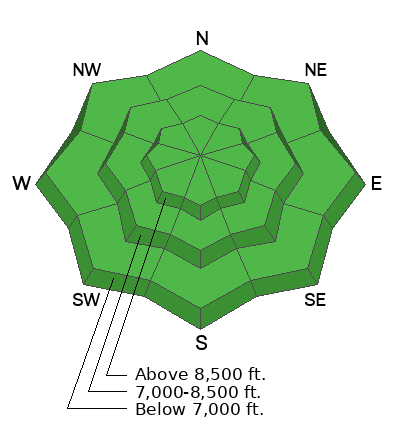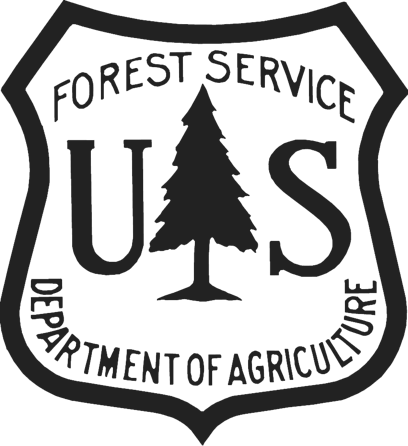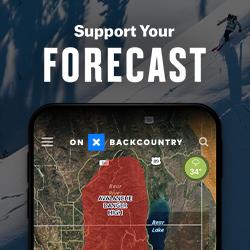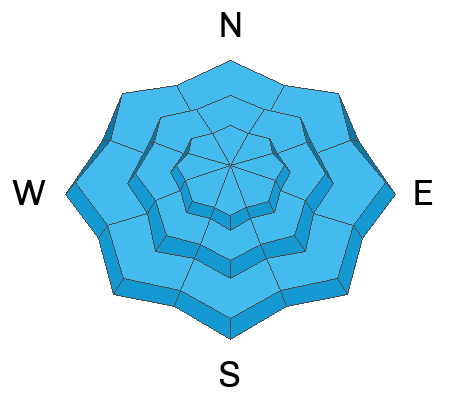Forecast for the Ogden Area Mountains

Issued by Trent Meisenheimer on
Saturday morning, March 23, 2024
Saturday morning, March 23, 2024
The avalanche danger is LOW and the snow is generally stable. Remember that Low danger does not mean No danger. Even small avalanches can lead to trouble in extreme terrain.
With a strong storm heading our way, be sure to re-evaluate your plans based on the weather today. Heavy snowfall for a short period can instantly spike the avalanche danger.

Low
Moderate
Considerable
High
Extreme
Learn how to read the forecast here




